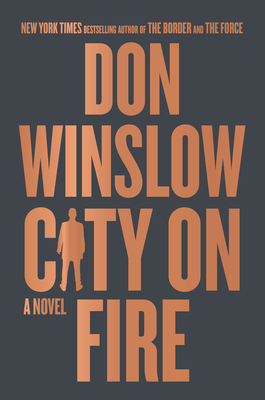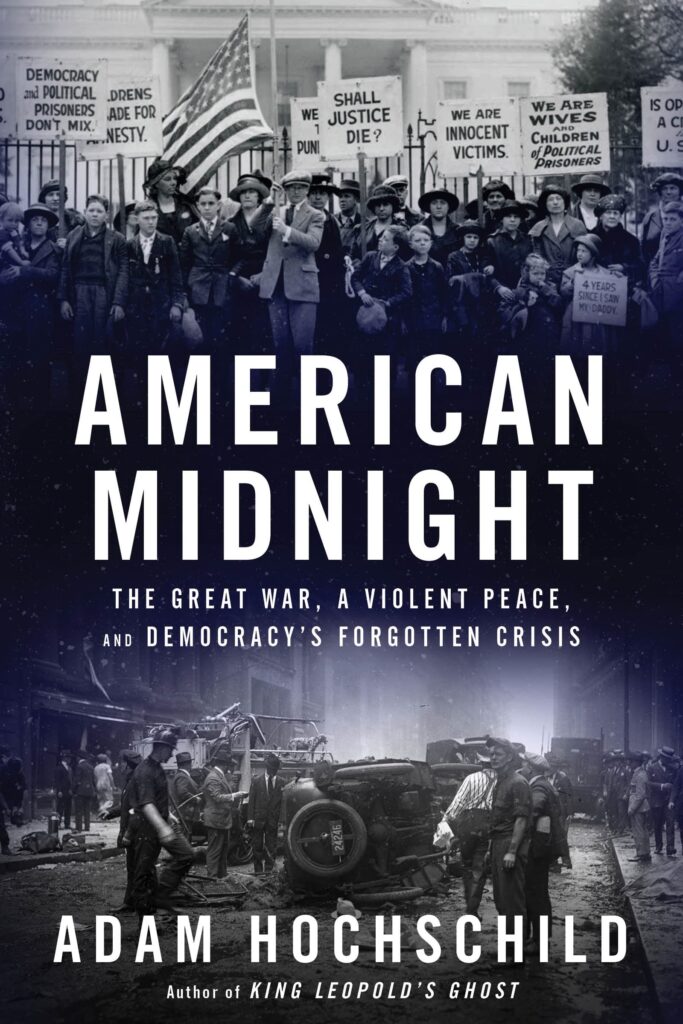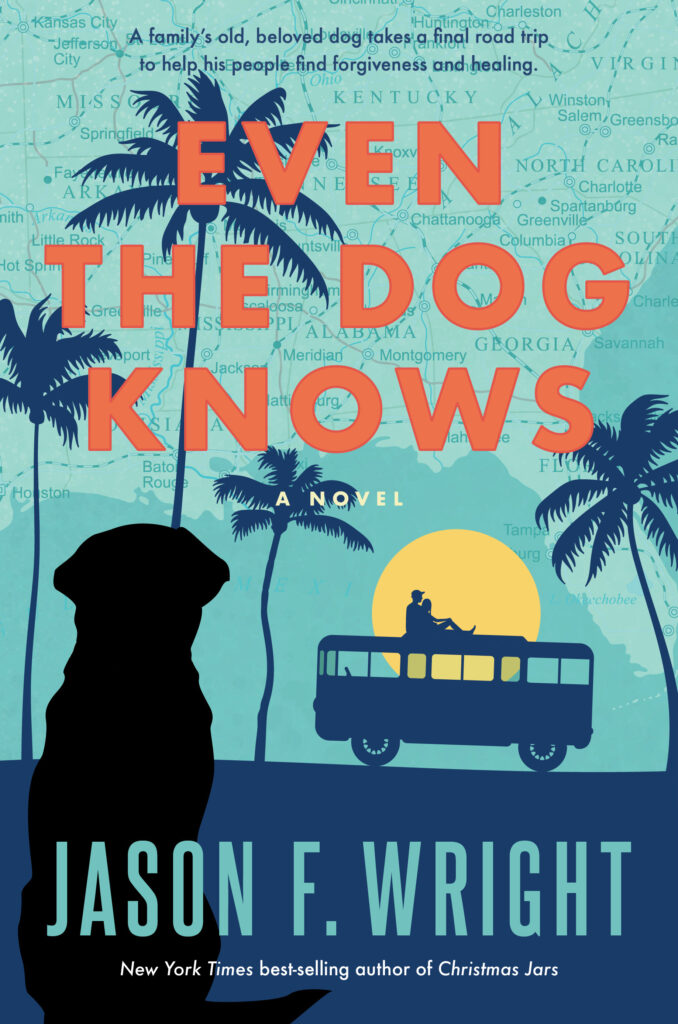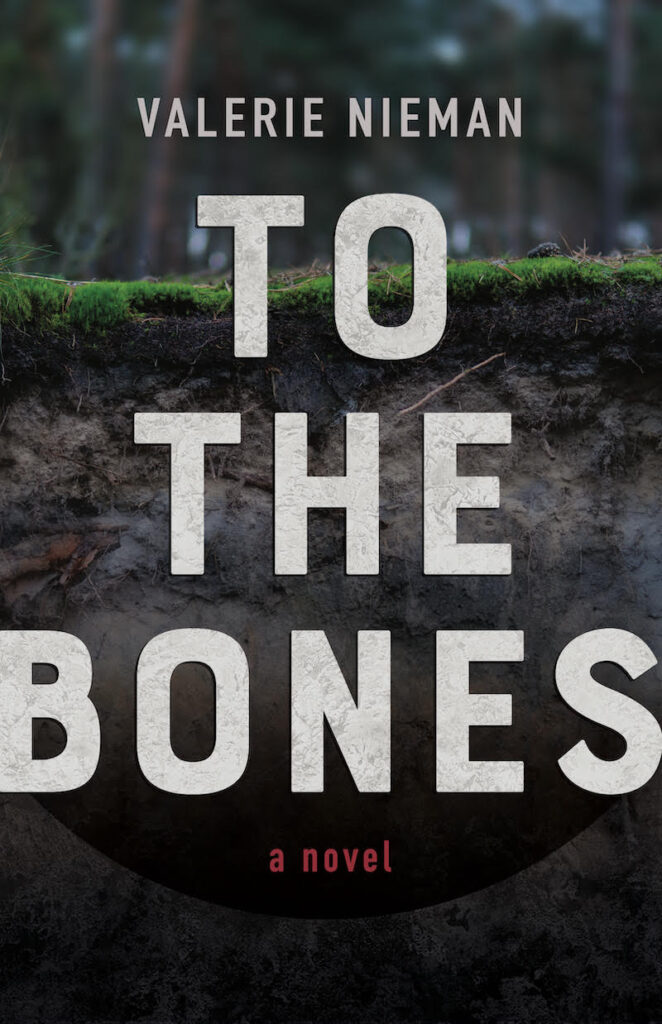Short month, short list of completed books:
Dog on Fire by Terese Svoboda is a novel I reviewed for Southern Review of Books. (My review will appear on March 8.) In a choppy but lyrical style, the author tells her story in alternating points of view. The primary voice belongs to a middle-aged woman who has returned to her parents’ home on the great plains after the end of her marriage. The secondary voice belongs to a woman who was connected to the first woman’s deceased brother. The thrust of the book is the primary narrator’s efforts to learn how her brother died. The mystery itself doesn’t really seem to matter much, but the journey of discovery is revealing. Along the way, we witness the coldness of both women’s parents and the consequences of abuse. The primary narrator was abused by her husband. The secondary narrator was abused by her father and some local boys. The two women are in conflict for most of the tale, despite their shared memories that at times seem to bring the dead man to life.
City on Fire by Don Winslow is about a clash between the Italian and Irish mobs that control much of Providence, Rhode Island in the 1980s. (The book is apparently the first volume in a series featuring its protagonist, so one assumes from the outset that he’s not going to be killed.) The central character, Danny Ryan, is the son of the former Irish mob boss who was unseated because of his problems with booze. Now the mob, which controls the docks and the union, is run by John Murphy and his sons, while Danny is married to one of John’s daughters. Because of some boneheaded moves by the youngest Murphy son, the two mobs are pushed to the brink of war. Complications include an FBI agent looking to get a rat to help bust everyone, Danny’s long-lost mother’s reappearance, and a temporary alliance with a black gang that wants to control the drug trade. It’s probably a good example of the crime/thriller genre, which is definitely not my usual fare, and it has plenty of gratuitous sex and violence, but it made for an entertaining audiobook in the car.
American Midnight: The Great War, a Violent Peace, and Democracy’s Forgotten Crisis by Adam Hochschild was my book club’s selection for February, and an informative book it was, too. I think many of us know the broad outlines of America’s entry into the Great War (WW I), and maybe something about Woodrow Wilson and the League of Nations. (Because my town is the birthplace of Wilson, and there’s a museum here dedicated to him, maybe we are a little more aware of him than folks are elsewhere.) The research behind this book is amazing, and the whole point of the project (discounting the unresolved question of whether or not it was a good idea to join the war against Germany) is to reveal the extent of the unconstitutional repression that occurred before, during, and after the war. Xenophobia was rampant, anti-union sentiment was high, as was anti-socialism, and of course racism was everywhere, from the President on down. Excellent book, if you don’t mind its bias.
Even the Dog Knows by Jason Wright is a novel I read because I am moderating a conversation with the author in March as part of the Virginia Festival of the Book (actually a “preview event” as it takes place the week prior to the Festival and is happening here in Staunton instead of Charlottesville, where regular Festival events happen). It’s a good location because the book is set in—or at least it begins in—Woodstock, Virginia, which is just 65 miles north of Staunton in the Shenandoah Valley. The author is known for his uplifting, heart-warming novels, and this one is no exception. Don’t look for brilliant language or deep characters here, but it does have its charms, largely in the character of the dog, Moses, who is mostly, but not entirely, aware of what is going on around him. The story is about the marriage of Gary and Meg who separate after 39 years of marriage, for reasons that are a puzzle to Gary. Gary has custody of Moses, who misses Meg. In a secondary plot, Gary and Meg’s grandson Troy—whom they raised as their own child after the death of their daughter—returns to Woodstock after a short minor-league baseball career. For a variety of reasons, Gary, Troy, and Moses are headed south to the Florida panhandle to see Meg in her retirement community near Pensacola. Obstacles arise, but you can guess where the story is headed.





